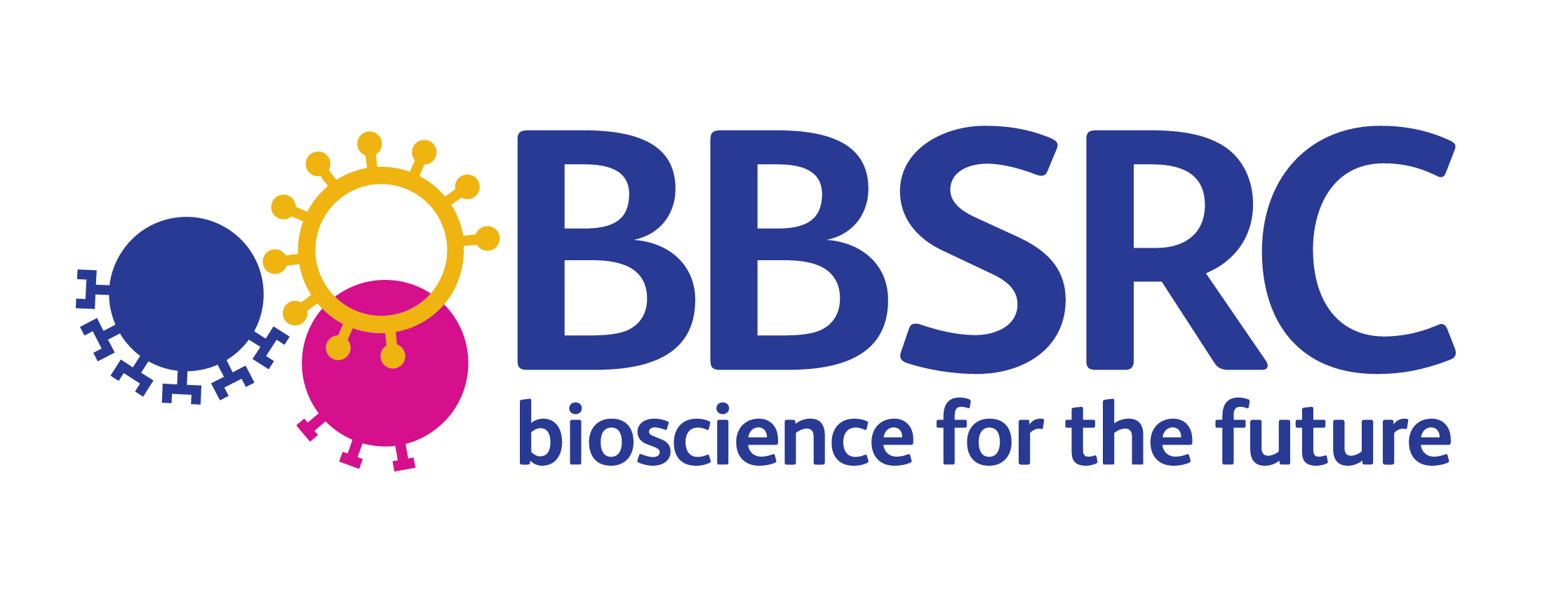Team:Oxford/sponsors
From 2014.igem.org
Contents |
Sponsors of the first iGEM team from the University of Oxford
BBSRC
The BBSRC is one of 7 Research Councils that work together as Research Councils UK (RCUK). They are funded by the Government's Department for Business, Innovation and Skills (BIS). Their budget for 2012-13 is around £467M, and they support around 1600 scientists and 2000 research students in universities and institutes across the UK.
Mission of the BBSRC
To promote and support, by any means, high-quality basic, strategic and applied research and related postgraduate training relating to the understanding and exploitation of biological systems.
To advance knowledge and technology (including the promotion and support of the exploitation of research outcomes), and provide trained scientists and engineers, which meet the needs of users and beneficiaries (including the agriculture, bioprocessing, chemical, food, healthcare, pharmaceutical and other biotechnological related industries), thereby contributing to the economic competitiveness of the United Kingdom and the quality of life.
History of the BBSRC
BBSRC was established by Royal Charter in 1994 by incorporation of the former Agricultural and Food Research Council (AFRC) with the biotechnology and biological sciences programmes of the former Science and Engineering Research Council (SERC). BBSRC is a non-departmental public body.Find out more
Biochemical Society
The Biochemical Society exists for the advancement of the molecular and cellular biosciences, both as an academic discipline and to promote its impact on areas of science including biotechnology, agriculture, and medicine. Biochemistry helps to play a key role in tackling global issues such as improving lifelong health, treatment of disease, biotechnology and food security. We achieve our mission though our publications and journals, scientific meetings, educational activities, policy work, awards and grants to scientists and students. The Biochemical Society is the largest discipline-based learned society in the biosciences with 6600 members. The Biochemical Society is one of four owner societies working together at Charles Darwin House to strengthen the voice of Biology and create a national hub for our subject. Our belief is that Biology is made stronger through collaboration that brings together the diverse skills, opinions and expertise of individual member Societies. This is the principle that underpins Charles Darwin House.
Find out more
Society for General Microbiology
The Society for General Microbiology is a membership organisation for scientists who work in all areas of microbiology. It is the largest learned microbiological society in Europe with a worldwide membership based in universities, industry, hospitals, research institutes and schools. The Society publishes key academic journals in microbiology and virology, organises international scientific conferences and provides an international forum for communication among microbiologists and supports their professional development. The Society promotes the understanding of microbiology to a diverse range of stakeholders, including policy-makers, students, teachers, journalists and the wider public, through a comprehensive framework of communication activities and resources.
Find out more
The Wellcome Trust
The Wellcome Trust is a global charitable foundation dedicated to achieving extraordinary improvements in human and animal health. They support the brightest minds in biomedical research and the medical humanities. Their breadth of support includes public engagement, education and the application of research to improve health.
Their Vision
Their vision is to achieve extraordinary improvements in human and animal health. In pursuit of this, they support the brightest minds in biomedical research and the medical humanities.
They focus on three key areas of activity, reaching across five major research challenges.
Focus Areas
Their funding focuses on supporting outstanding researchers, accelerating the application of research and exploring medicine in historical and cultural contexts.
Research Challenges
Their five major challenges address some of the most pressing and fundamental problems that confront human and animal health.
To tackle these challenges they provide support within the UK and abroad for biological, clinical and translational research, public engagement activities and an exploration of the historical, cultural and ethical issues.
Find out more
http://www.wellcome.ac.uk/ </div> </html>
 "
"


